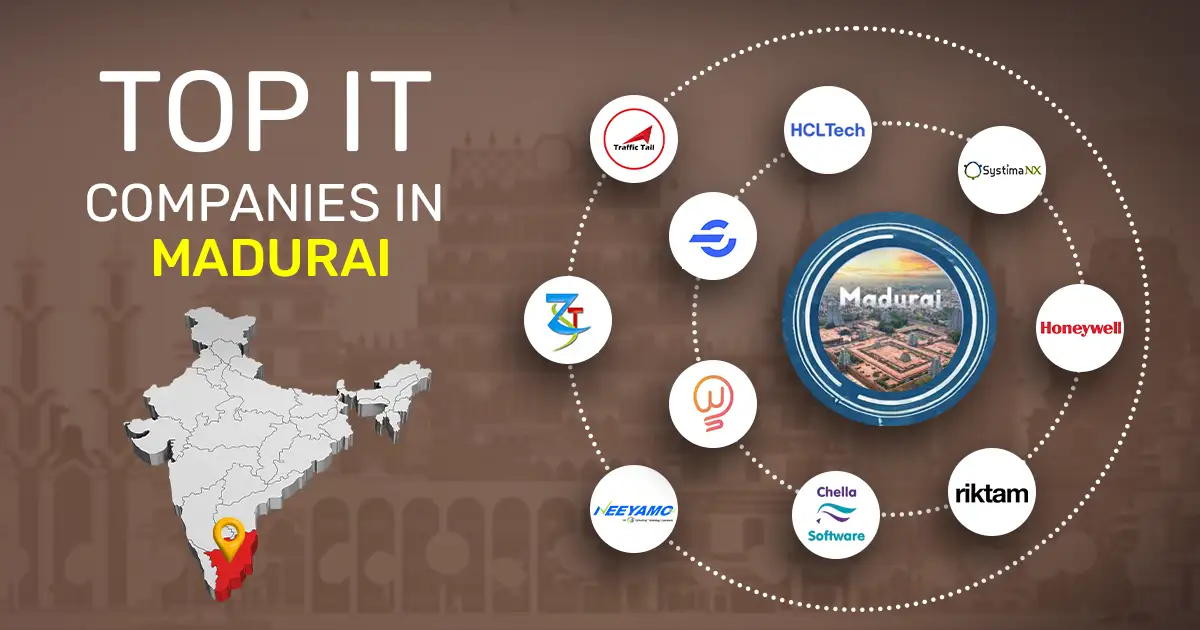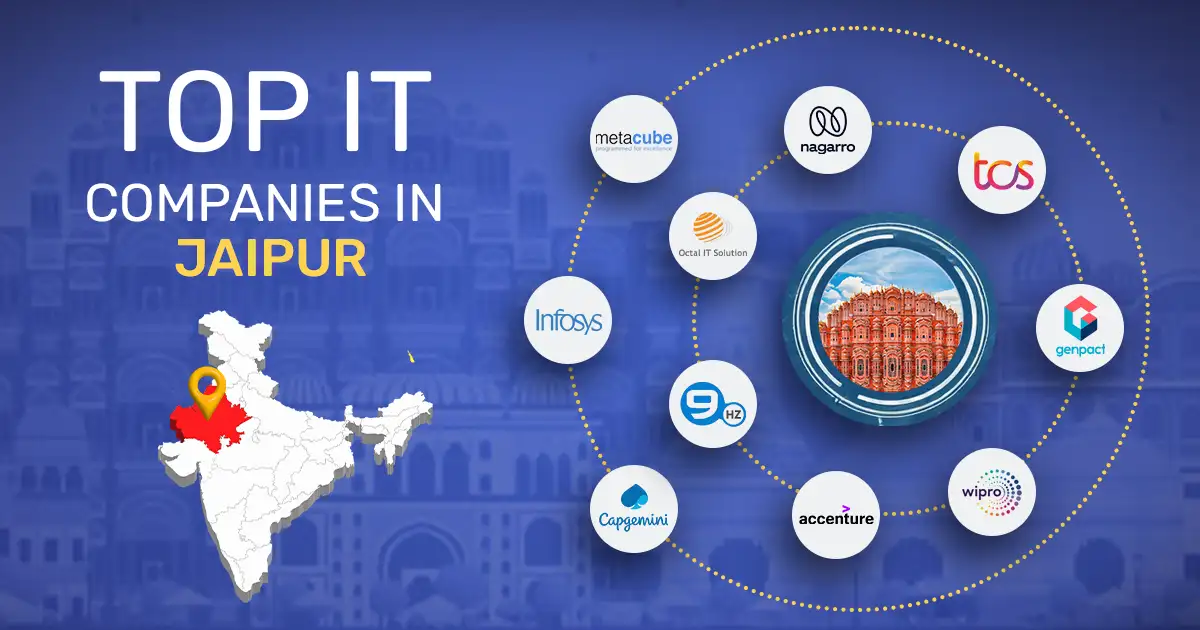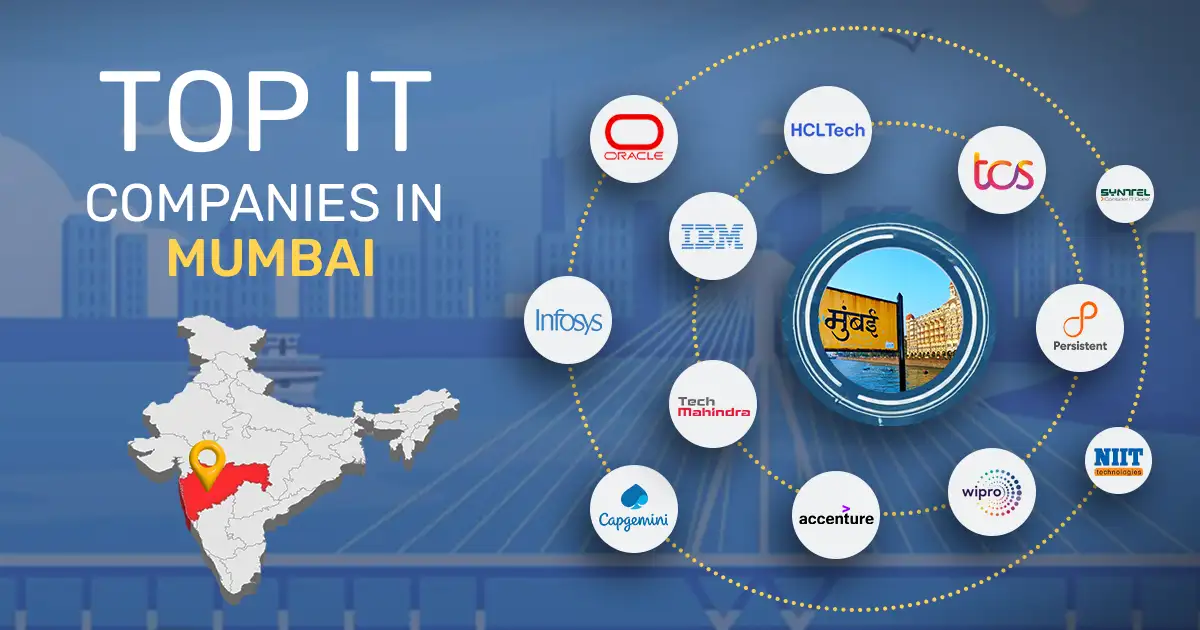
Introduction
In today’s rapidly evolving business landscape, companies in India and around the world are constantly seeking methods to improve efficiency, achieve cost reduction, and boost profitability. One of the key concepts that drive these objectives is Economies of Scale. By understanding and leveraging Scale economies, businesses can engage in effective business scaling, adopt innovative growth strategies, and remain competitive in both local and global markets.
The journey of business expansion in India is deeply intertwined with the principle of Scale economies. With a burgeoning market and increasing global competition, Indian enterprises—from small startups to large conglomerates—are finding that scaling operations is essential for success. The ability to lower per-unit costs while increasing output paves the way for significant cost reduction, enhanced efficiency, and higher profitability. Additionally, strategic growth strategies ensure that companies continue to thrive even in challenging economic conditions. This article provides a comprehensive overview of economies of scale, offering insights that are particularly relevant to Indian businesses looking to expand and innovate.
What is Economies of Scale?
It refers to the cost advantages that a business can achieve due to an increase in the scale of production. As companies grow and produce more, the average cost per unit typically decreases. This phenomenon occurs because fixed costs, such as rent, machinery, and administrative expenses, are spread over a larger number of units. Furthermore, bulk purchasing of raw materials often leads to additional savings—a critical factor for cost reduction. In simple terms, when a business invests in business scaling, it is more likely to experience efficiency gains that ultimately enhance profitability.
For Indian businesses, the concept of Scale economies is especially important given the competitive and dynamic nature of the market. Whether it’s a manufacturing firm in Pune or a tech startup in Bangalore, understanding economies of scale is key to developing robust growth strategies that can transform operations and drive success.
Types of Economies of Scale – Internal & External
It can be broadly categorized into two types: internal and external.
Internal Economies of Scale
Internal economies of scale occur within the organization. These can be achieved through various means:
- Technical Improvements: Upgrading technology and modernizing equipment can lead to enhanced production processes. For instance, an automobile manufacturer in India might invest in robotics to streamline its assembly line, thereby achieving significant efficiency gains.
- Managerial Expertise: Hiring skilled professionals and adopting advanced management practices can lead to better resource utilization and lower operational costs.
- Bulk Purchasing: When companies buy raw materials in large quantities, they often secure discounts that contribute to cost reduction.
- Operational Specialization: Dividing work into specialized tasks can improve speed and accuracy, which is a critical component of business scaling.
External Economies of Scale
External economies of scale occur outside the company but within the industry. These advantages often arise from:
- Cluster Development: When businesses in a particular sector are located close to each other—such as the textile clusters in Mumbai or the IT hubs in Hyderabad—they can benefit from shared infrastructure, better supply chain networks, and skilled labor pools.
- Government Policies: Supportive regulations and incentives offered by the Indian government can lead to significant cost reduction and facilitate growth strategies for industries.
- Industry-wide Innovations: Advances in technology or logistics that benefit an entire industry can indirectly improve the profitability and efficiency of individual businesses.
By understanding both internal and external Scale economies, Indian companies can tailor their business scaling strategies to capitalize on available opportunities and optimize their production processes.
How Economies of Scale Benefit Businesses
It offers numerous benefits that extend beyond simple cost reduction. Here are some of the primary advantages:
- Lower Production Costs: As production volume increases, fixed costs are spread over more units, reducing the per-unit cost. This leads to substantial savings, allowing companies to offer competitive prices and improve profitability.
- Enhanced Efficiency: By optimizing production processes, businesses can achieve higher efficiency. Automated systems, better resource allocation, and streamlined workflows contribute to faster production times and improved quality control.
- Improved Business Scaling: It allow companies to scale operations smoothly. This means that as demand increases, businesses can expand without a proportional rise in costs, enabling sustainable growth strategies.
- Increased Market Share: Lower costs often translate to competitive pricing, making products more attractive to consumers. This can result in increased market share and long-term business success in a competitive market like India.
- Better Risk Management: Larger businesses with Scale economies are generally better equipped to absorb market fluctuations. With diversified operations and reduced per-unit costs, they are more resilient during economic downturns.
- Attraction of Investment: Investors are more likely to invest in companies that have established business scaling frameworks and demonstrate potential for long-term profitability. This influx of capital further enhances growth strategies.
In summary, it creates a virtuous cycle of cost reduction, enhanced efficiency, and improved profitability, which are essential for robust growth strategies and successful business scaling.
Examples of Economies of Scale in Different Industries
They are not confined to a single sector; they are prevalent across various industries in India. Here are some illustrative examples:
- Manufacturing: Large manufacturing units, such as those operated by Tata Motors or Mahindra & Mahindra, achieve significant cost reduction by producing vehicles in high volumes. Their ability to negotiate lower prices for raw materials and leverage advanced production technologies leads to improved efficiency and profitability.
- Information Technology: The Indian IT sector, with companies like Infosys and TCS, benefits from Scale economies by standardizing processes and investing in large-scale software development. This not only boosts business scaling but also strengthens growth strategies through cost-effective project management and global service delivery.
- Agriculture: In the agribusiness sector, cooperatives and large-scale farming operations are able to purchase inputs in bulk and use modern machinery, resulting in lower production costs. This enables farmers to achieve economies of scale, thereby increasing profitability and ensuring stable supply chains.
- Retail: Supermarkets and large retail chains in India, such as Reliance Retail, leverage bulk purchasing and centralized distribution centers to reduce costs and offer competitive pricing. This leads to enhanced efficiency in operations and improved business scaling capabilities.
- Pharmaceuticals: Companies in the pharmaceutical sector achieve Scale economies by investing in large production facilities and extensive research and development. The resultant cost reduction and efficiency improvements allow for competitive pricing of drugs, boosting overall profitability.
These examples clearly demonstrate how diverse industries harness Economies of Scale to drive business scaling, secure cost reduction, and execute effective growth strategies.
Limitations and Challenges of Achieving Economies of Scale
It offers many benefits, they are not without limitations and challenges. Indian businesses must be aware of the following potential pitfalls:
- Initial Investment Requirements: Achieving Scale economies often demands significant upfront capital. For smaller enterprises, the financial burden associated with upgrading technology or expanding operations can be daunting.
- Diminishing Returns: After a certain point, increasing production may lead to diminishing returns. Over-expansion can result in inefficiencies, where further cost reduction becomes difficult despite increased output.
- Management Complexity: As businesses grow, managing larger operations becomes more complex. This complexity can compromise efficiency if not handled with robust management systems and skilled leadership.
- Market Saturation: In some cases, rapid expansion may lead to market saturation. Overproduction can result in excess inventory, leading to reduced profitability and potential wastage of resources.
- Regulatory Challenges: The Indian market is subject to various regulatory and compliance requirements. Navigating these can be challenging, particularly for large-scale operations, and may hinder the smooth implementation of growth strategies.
- Quality Control Issues: As production scales up, maintaining consistent product quality can become challenging. Quality lapses can adversely affect brand reputation and overall profitability.
Recognizing these challenges early can help Indian businesses devise mitigation strategies and ensure that their pursuit of Scale economies translates into sustained business scaling and cost reduction.
Strategies to Maximize Economies of Scale
To fully harness the benefits of economies of scale, businesses must adopt proactive strategies that focus on both operational improvements and strategic planning. Here are some effective growth strategies for maximizing Scale economies:
- Invest in Technology: Automation and modern production technologies can greatly enhance efficiency. By integrating advanced systems, companies can streamline operations and achieve significant cost reduction.
- Centralize Operations: Consolidating production and administrative processes helps in reducing overhead costs. This centralization is key to successful business scaling and improved profitability.
- Bulk Purchasing: Negotiating long-term contracts with suppliers for bulk purchases can lower material costs. This approach not only contributes to cost reduction but also secures the supply chain for consistent production.
- Expand Market Reach: Diversifying market presence, both domestically and internationally, allows companies to spread fixed costs over a larger output. This is an essential part of growth strategies aimed at achieving economies of scale.
- Continuous Process Improvement: Adopting lean management practices and investing in employee training can further enhance efficiency and overall productivity. Regular audits and process optimization ensure that businesses remain agile and responsive to market dynamics.
- Collaborative Partnerships: Forming alliances with other firms or joining industry clusters can help share resources and infrastructure, thereby supporting business scaling and boosting profitability.
By implementing these strategies, businesses can ensure sustainable growth strategies that drive long-term success while capitalizing on the benefits of Scale economies.
Conclusion
Economies of Scale play a critical role in driving business success, particularly in a competitive market like India. From reducing production costs and improving efficiency to enabling effective business scaling and robust growth strategies, the benefits are substantial. While challenges such as high initial investments and management complexities exist, the potential for increased profitability makes it a worthwhile pursuit. Indian businesses that adopt modern technologies, centralize operations, and focus on continuous process improvements are well-positioned to harness these benefits and secure a competitive edge in the global marketplace.
At RegisterKaro, we simplify the complexities regarding the economies of scale, business scaling and cost reduction, and other finance related difficulties. With our tailored solutions and proactive support, you can ensure that you never miss out on the latest updates regarding the Scale economies, efficiency, profitability and growth strategies. For more information on economies of scale, visit our services page or contact our support team directly.




